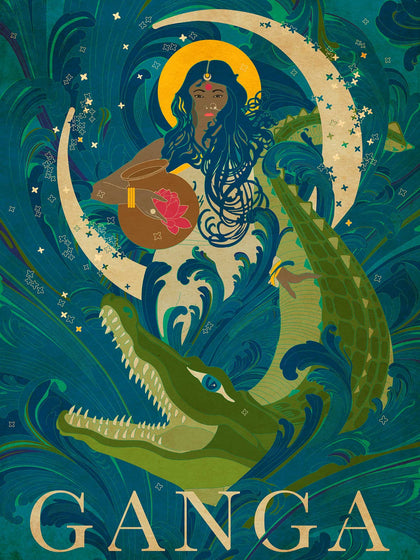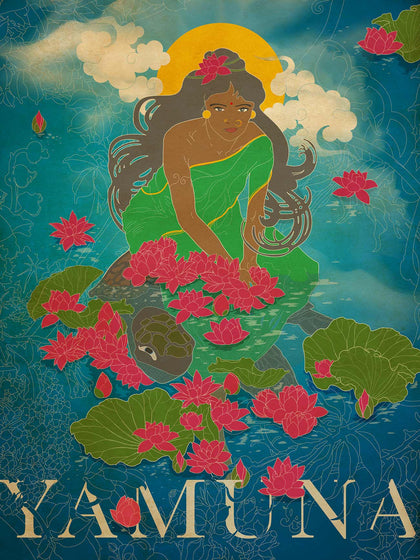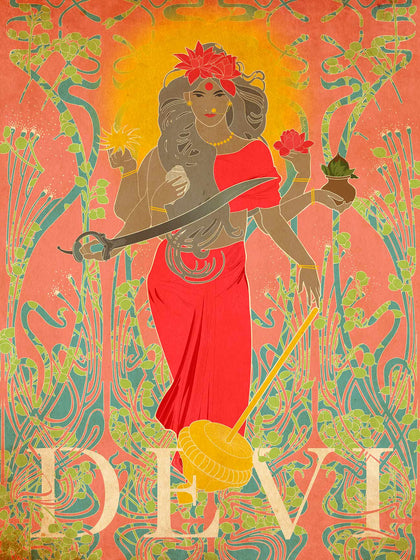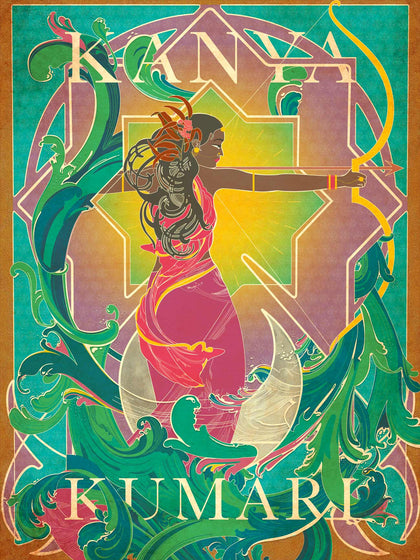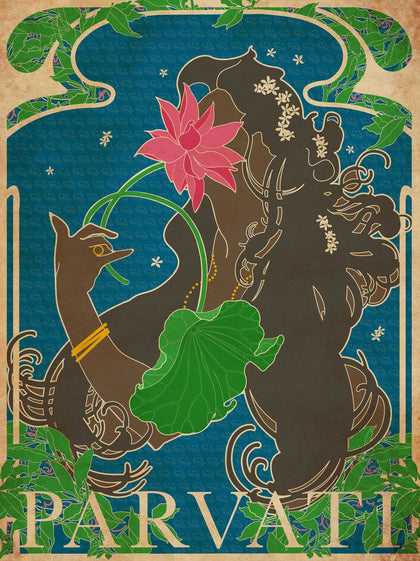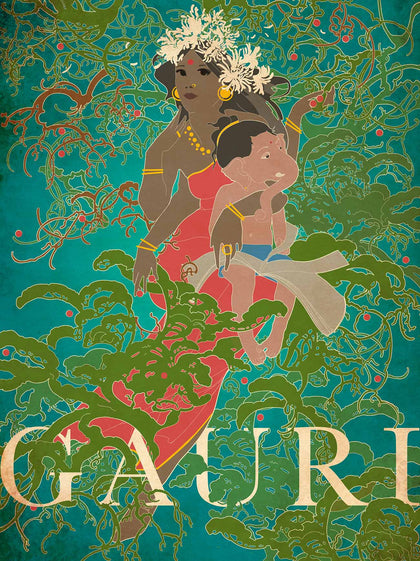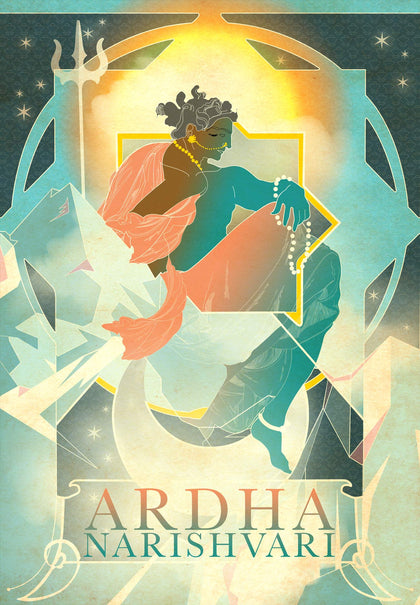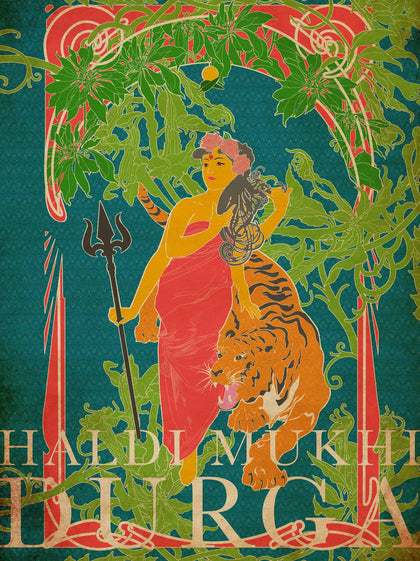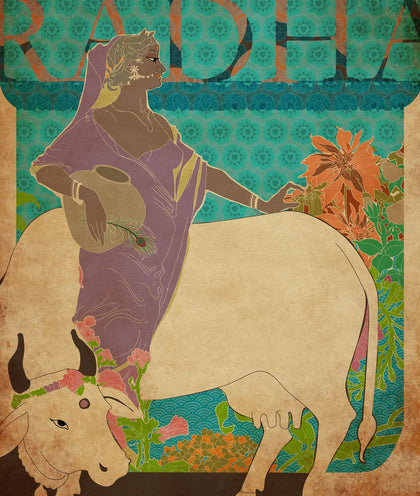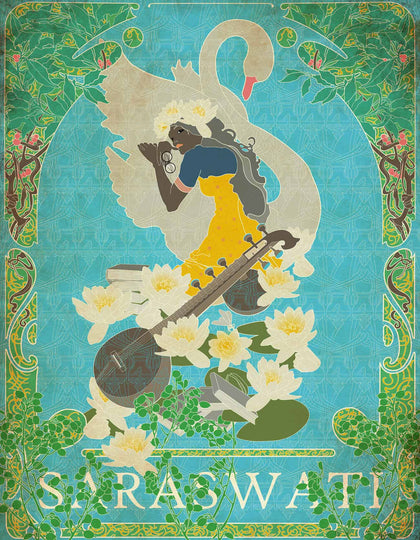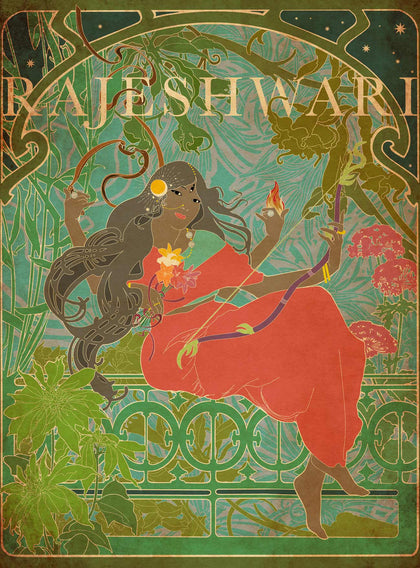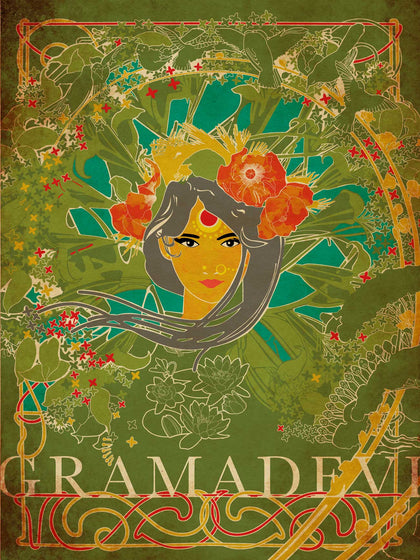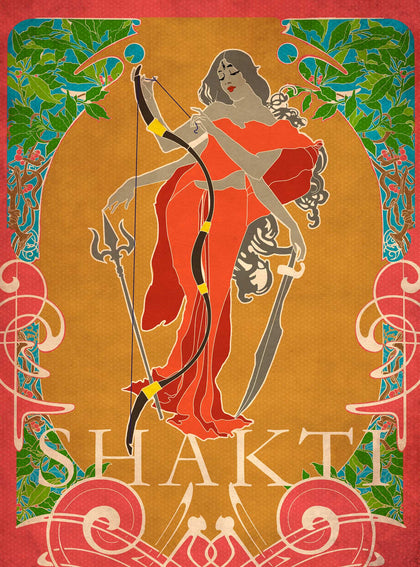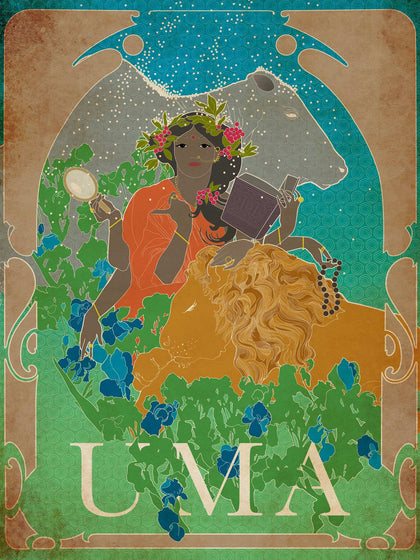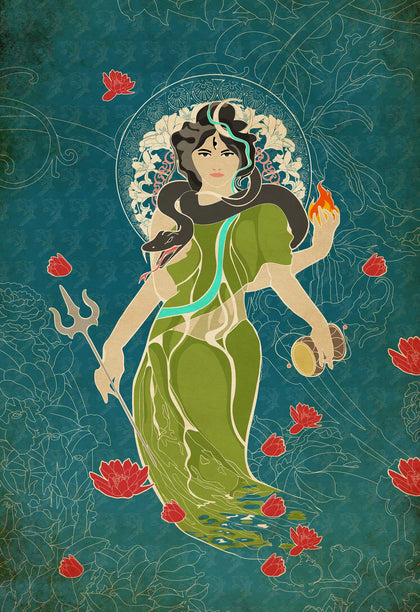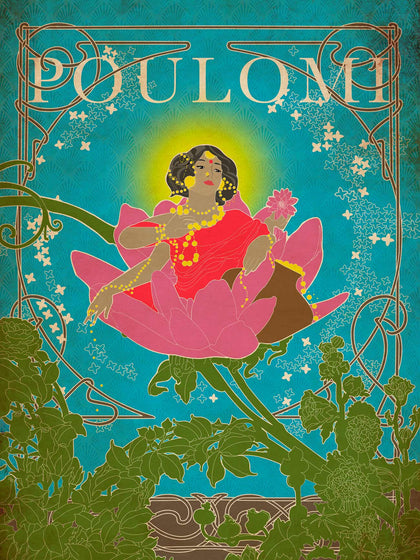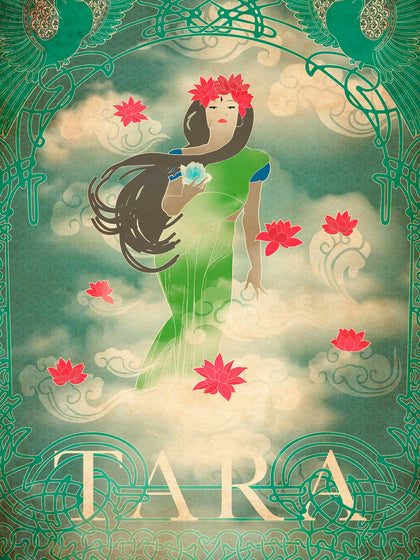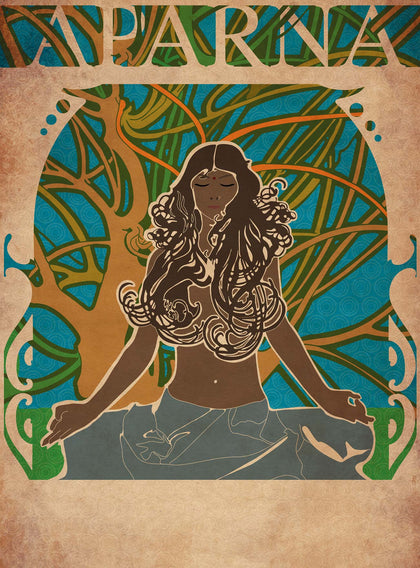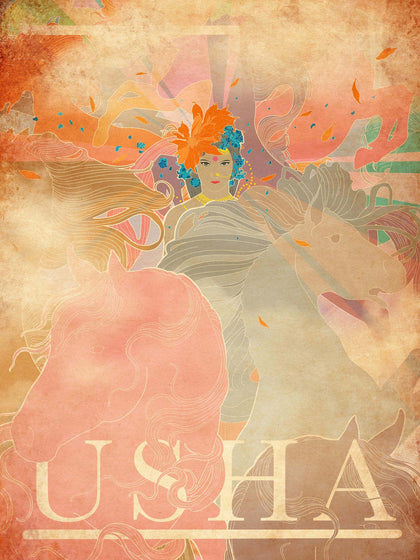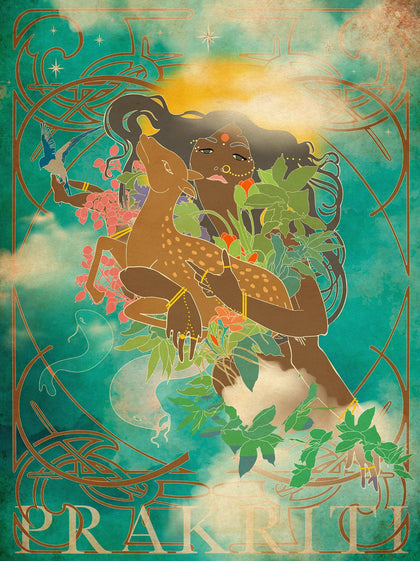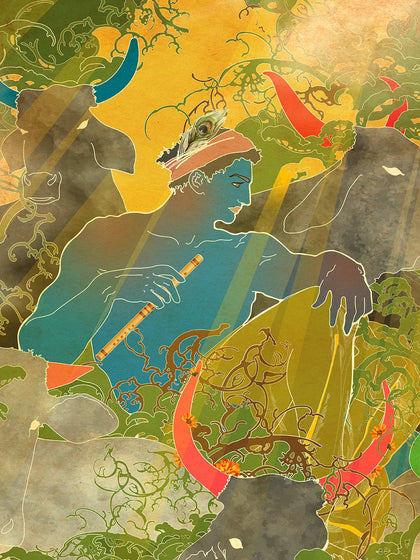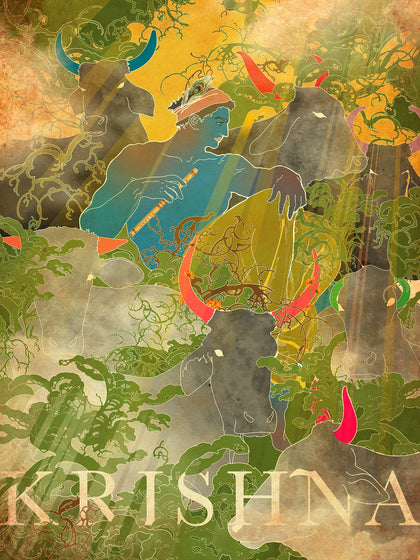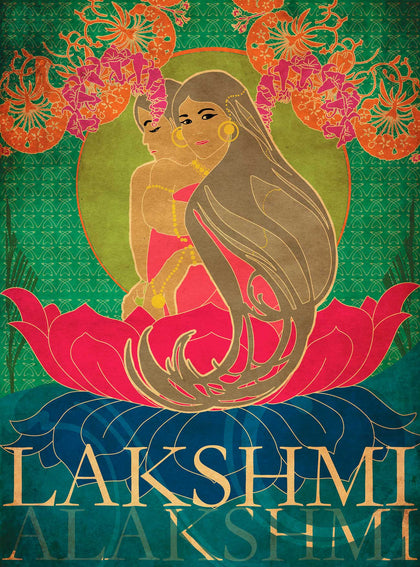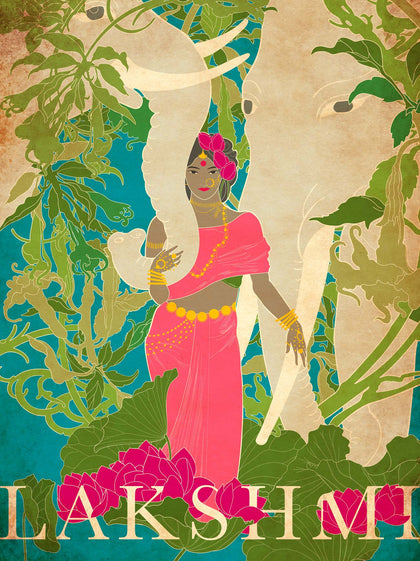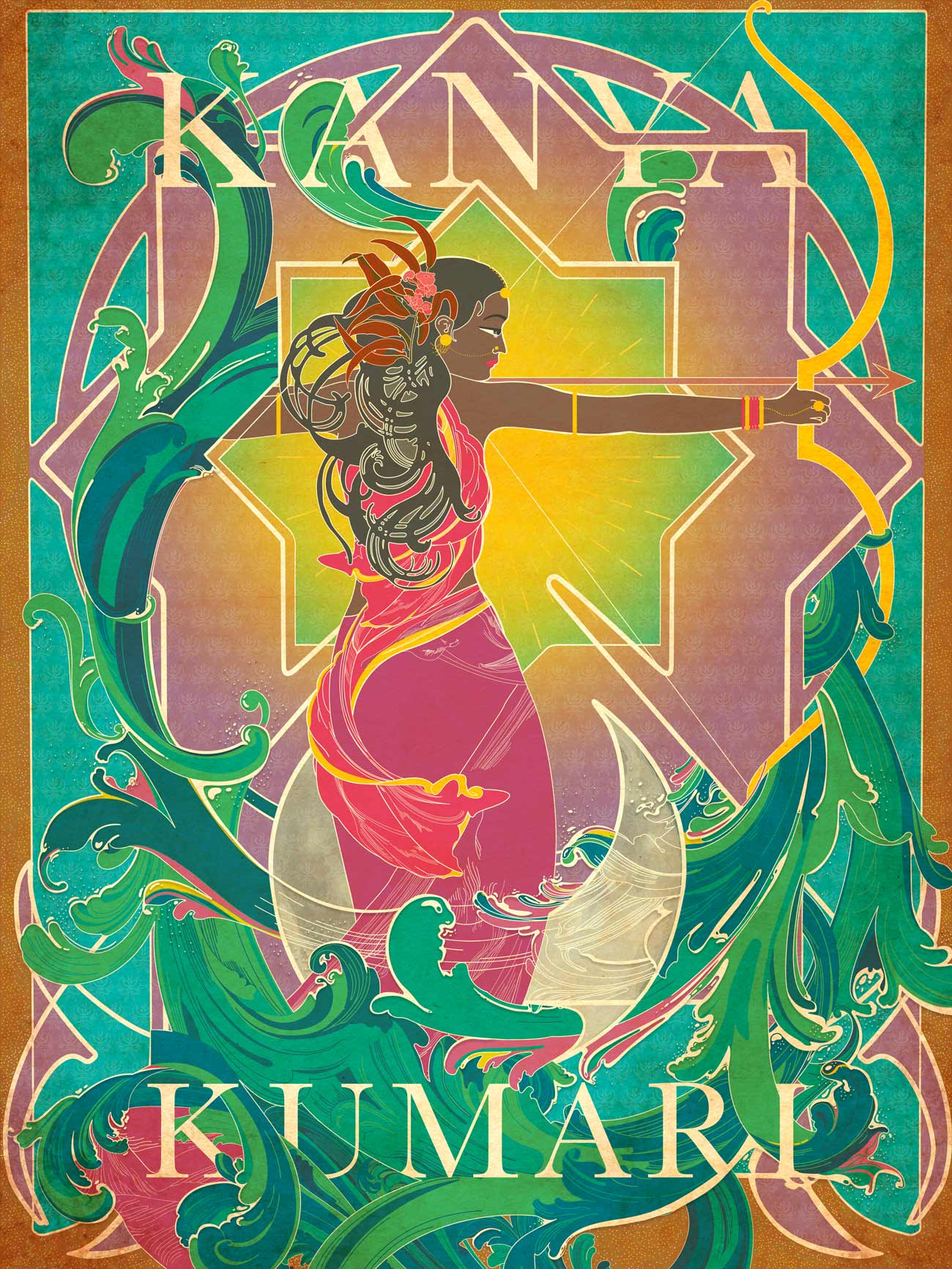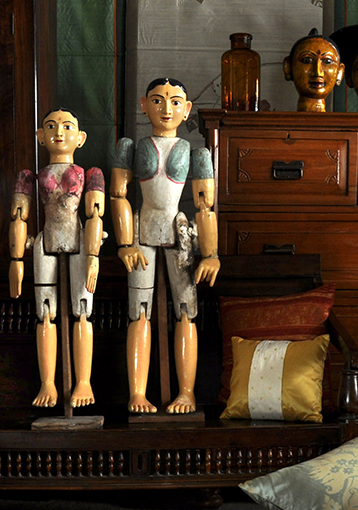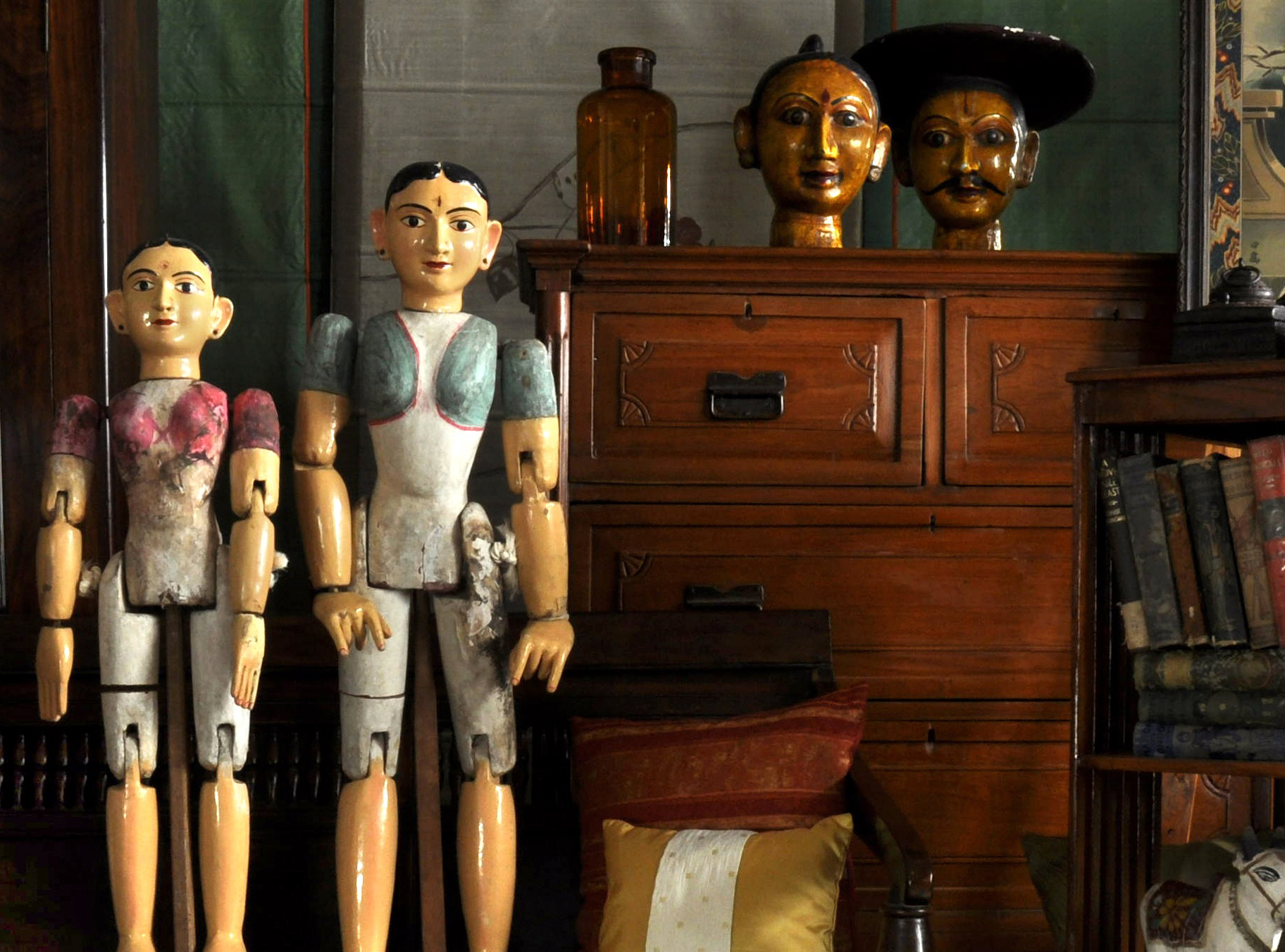Description
A coast named after its protector. An adolescent girl warrior who fought, holding a sad and broken heart. For she was to marry a god who never arrived. Still, this is not a story of unrequited love but of a trick played by the gods and the misunderstanding that saved the land from a demon. A demon, who had prayed for and had received a strange boon - an eternal life that could only be ended by an unmarried juvenile girl. The gods had to prepare for this chink in his armour. The demon Banasura who was also the ruler turned crueller as he did powerful, in that dark way, in which, evil feeds itself. He watched gleefully as the ocean took more and more and the gods watched quietly for they had set his defeat in motion - the Devi was born as a human child. As a young girl, unknowing of her real form and purpose, she preoccupied herself with her desire to marry Shiva, who was her husband in her goddess form. But the gods knew if the marriage took place, she would no longer be able to fight the demon. For her destiny to realize itself, she needed to be unmarried, and they needed the strong, wild and powerful side that could be angered. When Shiva delightfully accepted her proposal of marriage, the gods acted swiftly. They created an artificial barrier by informing them of the one and only auspicious time for their wedding. An impossible hour far too early in the morning - warning the girl that her groom would have to make his way from his remote icy cave, high in the distant Himalayas to her home in the warm and sunny coasts of Tamil Nadu. Shiva, an enthusiastic groom, had left immediately, planning on a fast overnight journey that would have brought him to her in time. While the bride in her girlish joy, primed for the wedding, large amounts of food was cooked and a lavish ceremony was prepared. As the night wore on he travelled, but around midnight, the gods turned into roosters and called into the night, like it was morning already. Shiva, thinking he had missed the auspicious time for the wedding, returned sadly into the mountains. While the gods let the bride believe that she had been humiliated and jilted at the altar. In her pain and grief, she tore the celebrations down. She threw the food away and broke her bangles - all turning into the hued sands of Kanyakumari. A magical spot where the different waters merge, making the numerous coloured beaches from remote soils. Crying herself into the waters she slowly gained composure and receded into herself. A self-inflicted penance, not understanding what had happened to her. In that sinking tranquillity of pain, a proud Banasura tried to lure and approach Kumari. The infuriated girl slayed him at once. A surprised and now dying demon realised that the young woman before him was the Devi herself. In those moments before his death, he prayed for her to absolve him of his sins. Some say, having fulfilled her destiny, she returned to her goddess self and was reunited with Shiva. Others believe that the Kanya form of the Devi continues to stand guard, at that unique sharp tip of the peninsula. Where the outstretched horizon is the home to a setting and rising sun, a waxing and waning moon - where she fights the ocean forever in her eternal youth.
About the Series:
This artwork is part of the “Sister Misfortune” series, through which the artist, Smruthi Gargi Eswar, narrates lesser-known stories from Indian mythology, while reflecting on the narrative surrounding women in our culture. Various Indian goddesses (devis) are depicted with a refreshing artistic lens.
In India, there is a constant burden on women to be “Devi-like”. Through this series, the artist attempts a reverse deification of the goddesses, making them appear like real women, in a real world. The series is an exploration not just of duality, but of multiplicity. It compels us to question our attitudes - women towards themselves, men towards women. How does the idea of a goddess coexist within every woman? How do we, as a society, so casually dismiss, disrespect, disregard, and defile in our everyday existence, those who we have bedecked with gold and enshrined in a temple?





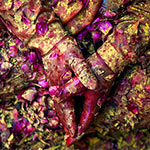

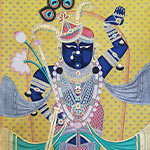




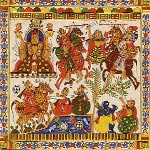
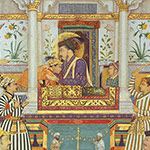
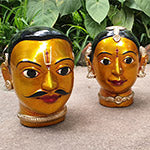



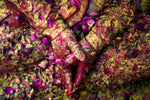






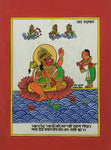
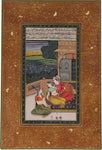
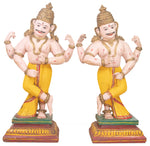

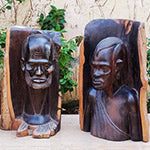


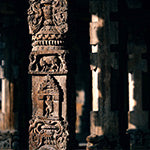



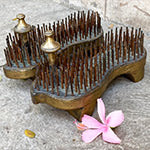



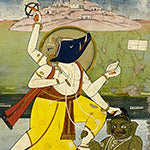

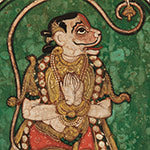

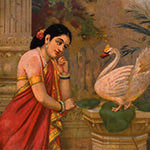
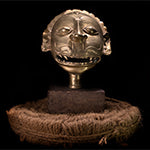
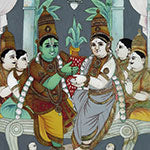

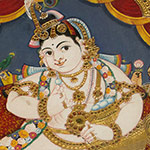
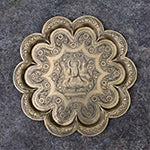

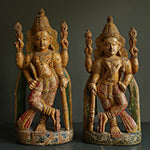













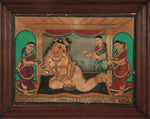

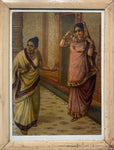

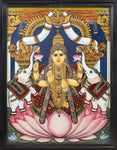

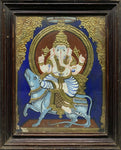











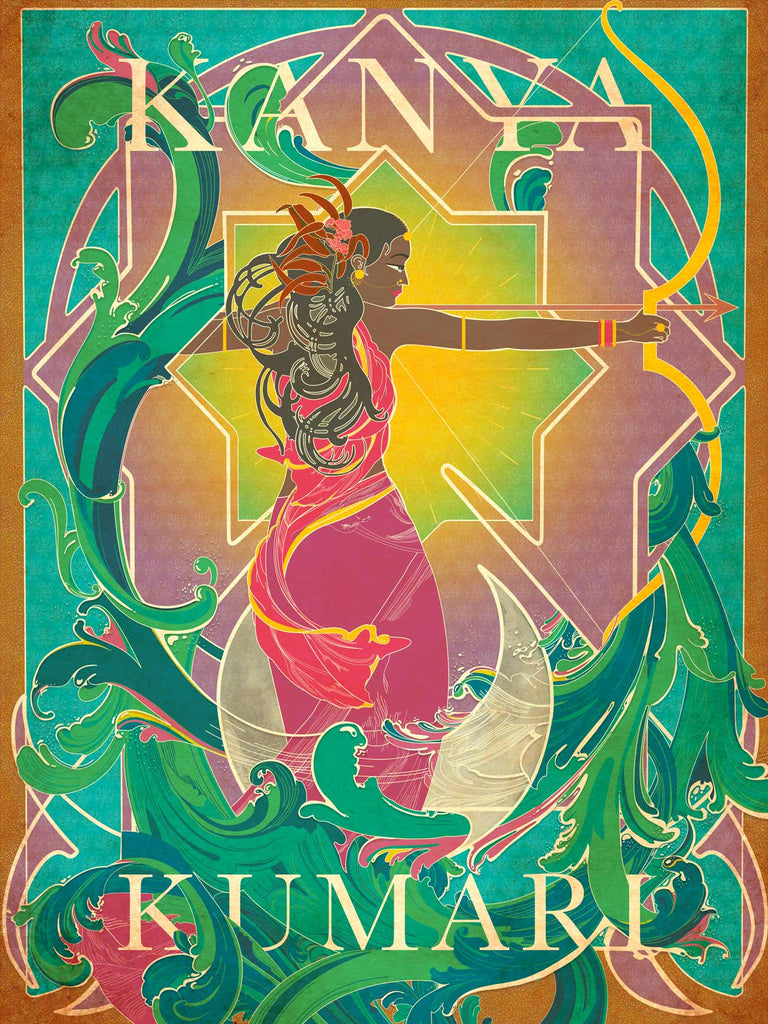

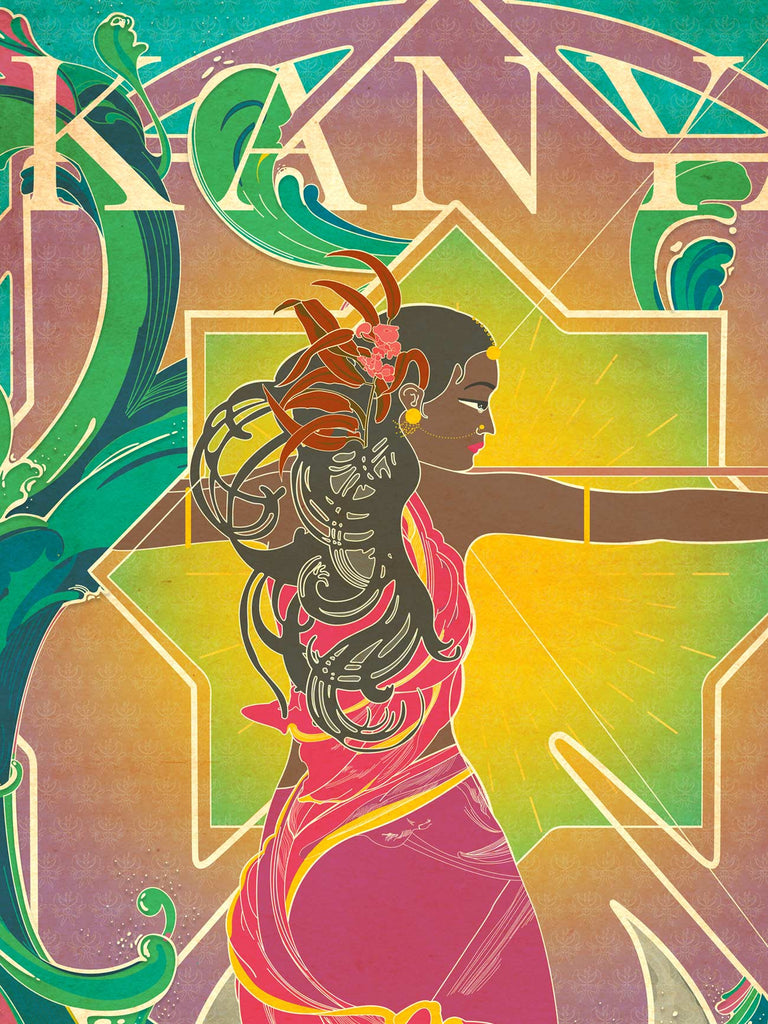
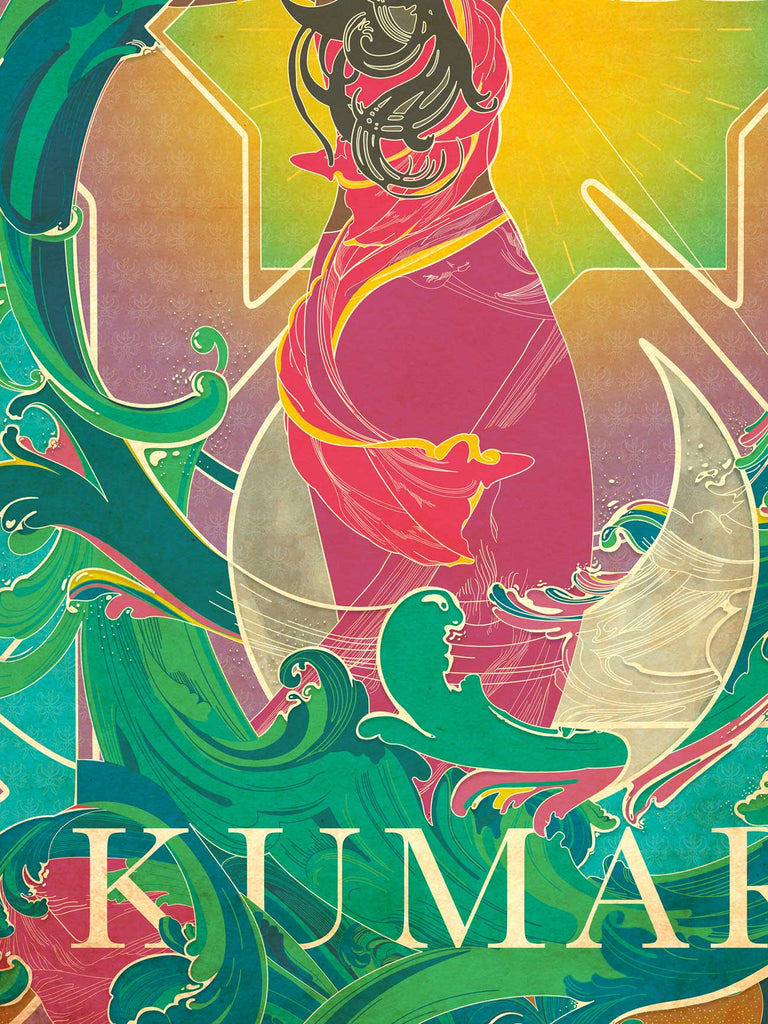
 View Full Screen
View Full Screen



